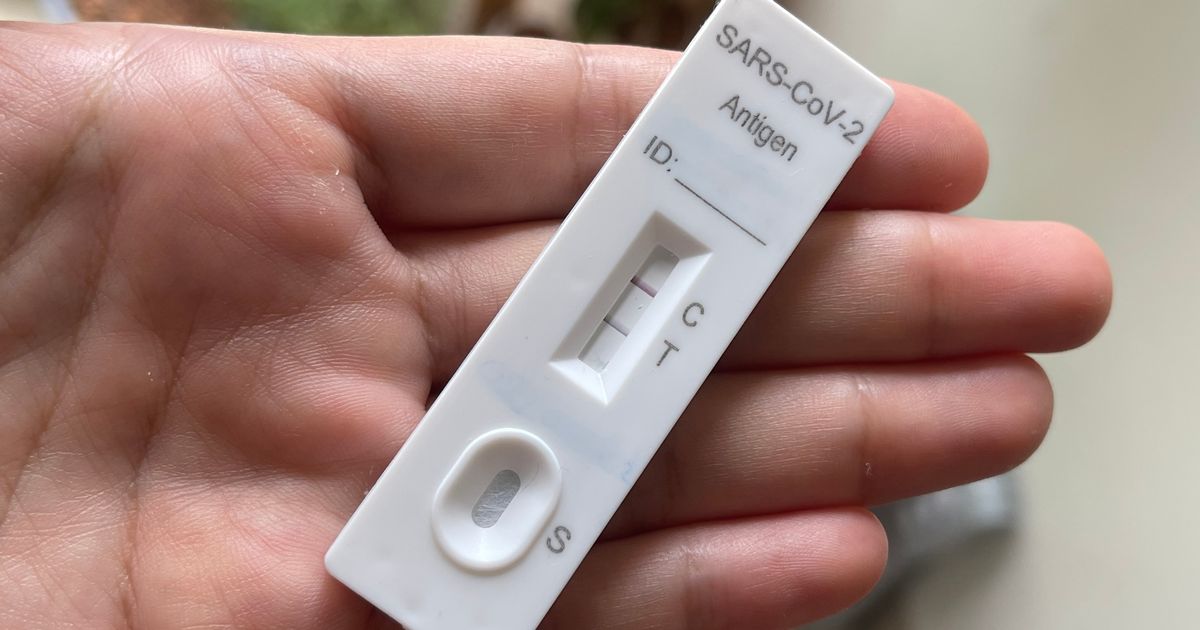Amid a surge in cases of a highly transmissible new Covid-19 variant, health officials are urging the public to be vigilant. The variant, informally known as 'Nimbus' or NB.1.8.1, has been detected in 22 countries since its discovery in January. Derived from the Omicron variant, 'Nimbus' accounted for 10.7% of global infections by late April, showing a significant increase from the previous month.
The World Health Organization (WHO) has classified this new strain as a 'variant under monitoring,' suggesting potential changes in virus behavior. Recent studies indicate that the mutations in NB.1.8.1 may enhance its ability to bind to human cells, potentially making it more transmissible and dominant among other variants.
While 'Nimbus' symptoms are generally similar to previous strains, patients have been reporting a specific symptom as the variant spreads. Many individuals have described experiencing a 'razor blade throat,' characterized by a sharp, stabbing pain when swallowing, particularly in the back of the throat.
Dr. Naveed Asif, a family doctor at The London General Practice, explains that this distinctive symptom can lead to a hoarse voice and severe discomfort. Some patients in China, where cases have surged recently, have likened the pain to 'swallowing shattered glass,' resulting in difficulty speaking, eating, and staying hydrated.
Aside from the 'razor blade throat,' other symptoms of the Nimbus variant include common Covid signs like fever, muscle aches, congestion, redness in the back of the mouth, and swollen neck glands. Unlike previous strains, this variant has been associated with gastrointestinal issues in some patients, such as nausea, vomiting, diarrhea, bloating, constipation, abdominal pain, and heartburn.
While symptoms are typically mild to moderate, individuals with underlying conditions, unvaccinated individuals, those with weakened immunity, and older adults are at a higher risk of severe illness. Health officials reassure that current Covid vaccines are effective against this variant and can prevent severe illness in infected individuals.
Dr. Asif advises that treatment for Nimbus aligns with that of other Covid-19 variants, with most individuals recovering at home through rest, hydration, and over-the-counter medications. For severe symptoms or high-risk complications, antiviral medications or monoclonal antibody treatments may be recommended, with personalized advice from a GP always recommended.
Source: Irish Mirror














